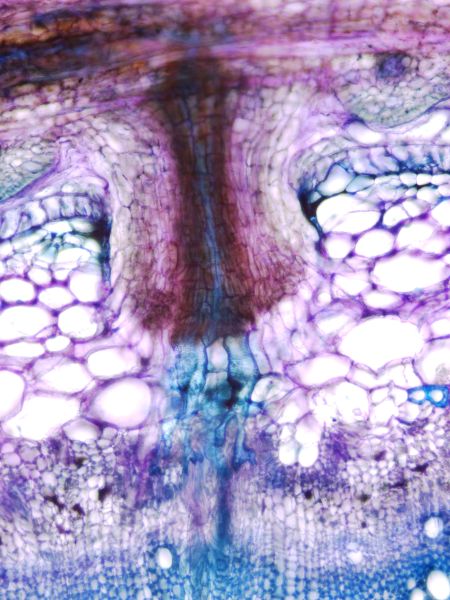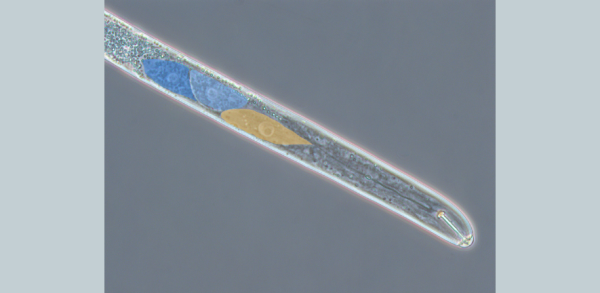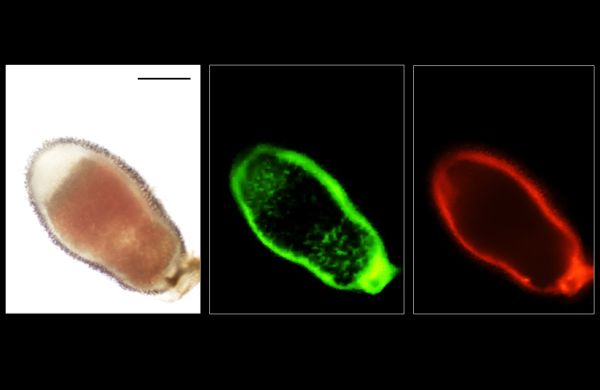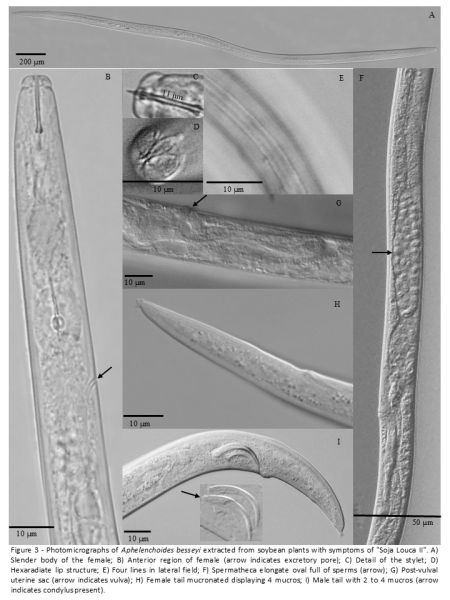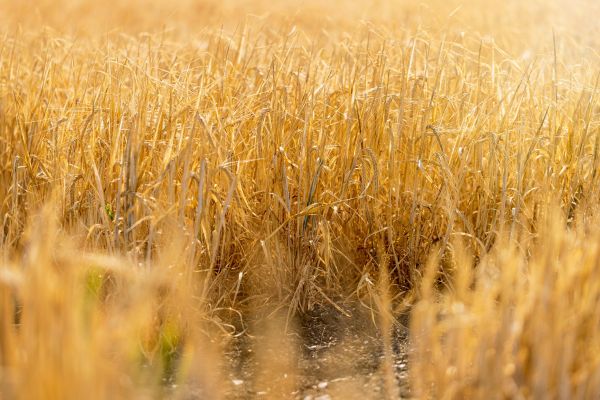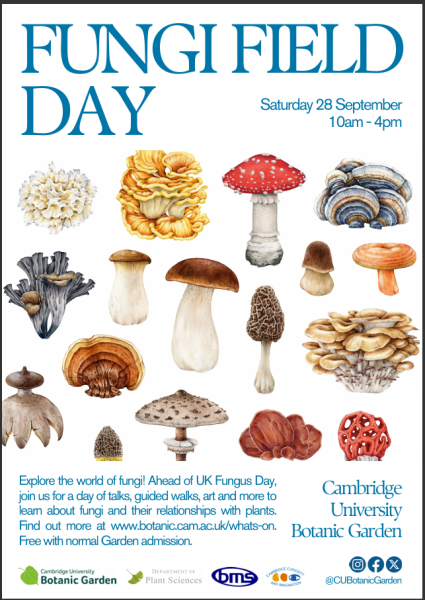
Research published in Nature Communications demonstrates a mechanism to enhance the colonization of cereals by arbuscular mycorrhizal fungi.
These enhanced arbuscular mycorrhizal fungal associations have the potential to improve the efficiency with which crops capture nutrients from the environment, which could reduce the global dependence on inorganic fertilizers.
Professor Oldroyd who led the work said: “This is an important advance in our understanding of how the external environment controls the plants’ willingness to engage with beneficial microorganisms, but also has important ramifications for sustainable crop production. We are currently testing the results of this study in field experiments.”
This research uncovered a means by which plants change their responsiveness to symbiotic microbial partners, depending on whether the plant is starved for nutrients or not. The research shows that this mechanism can be used to enhance the colonisation of cereals by arbuscular mycorrhizal fungi through the overexpression of transcription factors that ordinarily activate the engagement with arbuscular mycorrhizal fungi, when the plant is starved for nutrients and therefore most in need of help from the fungus to capture nutrients from the soil.
Discovered by researchers at the Crop Science Centre, this mechanism is likely an important engineering target for improving symbiotic nutrient uptake efficiency in agricultural contexts, with important implications for improving the sustainability of crop production.
This research forms part of a wider programme to improve the sustainability of equity of global agriculture by reducing the need for inorganic fertilizer. This will be particularly beneficial for small-holder farmers in sub-Saharan Africa who do not have access to inorganic fertilisers to increase the yield of their crops.
